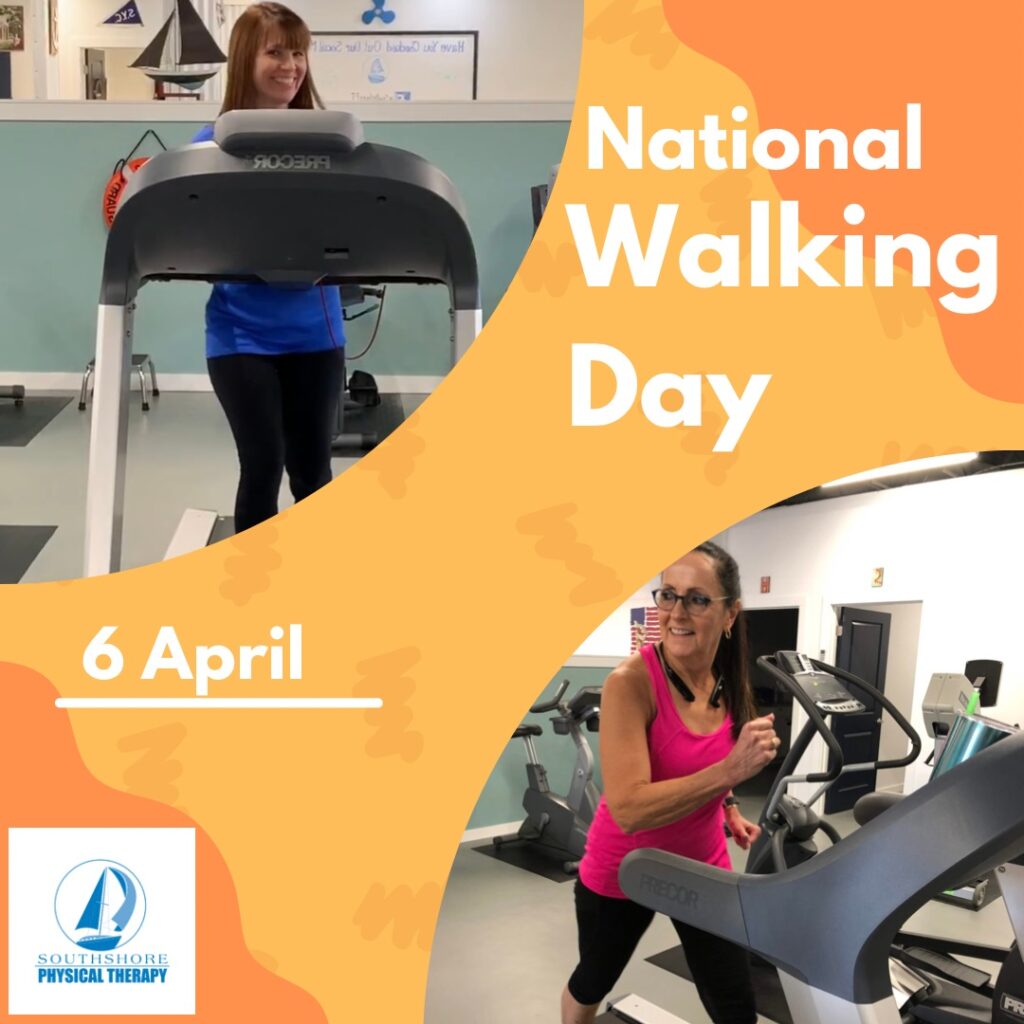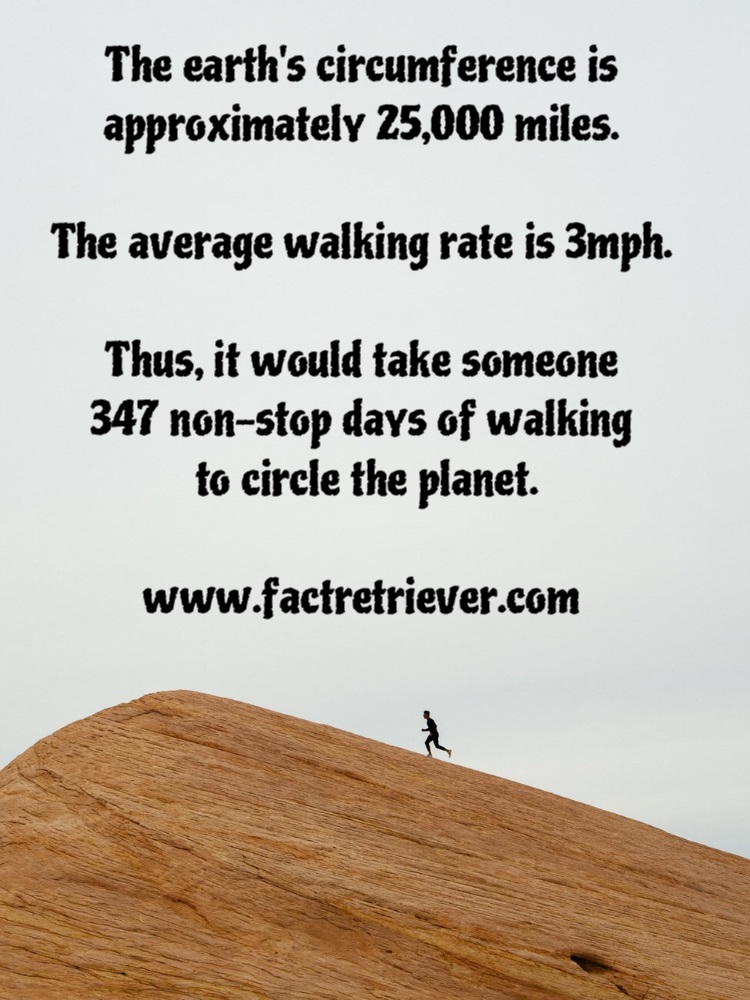
Recognized on the first Wednesday of April, today is National Walking Day. As one of the easiest ways to stay on top of your health, the simple act of walking can improve your well-being both inside and out. It can also add years to your life … and life to your years. Take a walk with me as we examine 6 ways walking is good for your health and the many benefits to getting out there on your own two feet. Will there be a quiz at the end? You betcha. Thanks to WedMd.
Weight loss. As an all-over physical activity, walking burns calories and helps us drop pounds. Your speed, distance and surface area as well as your actual weight can all make a difference in the number of calories and pounds affected by your efforts. Using a walking calculator (like this one) to plug in your parameters and measure the results of your labor can be a great incentive.

Heart health. Living a sedentary lifestyle can lead to hardened arteries and a weakened cardiovascular system putting you at an increased risk of heart disease. For optimal health, the American Heart Association recommends walking at a brisk pace for a minimum of 150 minutes a week (broken into increments manageable to your schedule) to help keep your ticker ticking at full capacity.
Mental wellness. Have you ever just needed to clear your head? Getting outside with the fresh air and changing scenery can be the perfect solution to your troubles. Exercise triggers your brain to release endorphins to elicit a boost in your mood and reduce your sensitivity to stress. Taking in the sounds of nature is always good for the soul, but the right playlist can also have the same effect. Check out these suggestions for playlists by generation.

Bones and joint strength. Just as the heart can grow weak if not exercised so too can your unexercised joints and muscles. To stay healthy and flexible, it’s important to stay mobile. Because walking is a weight-bearing exercise, the activity reduces the risk of musculoskeletal injuries to help prevent osteoporosis, arthritis and other similar diseases. To stave off these degenerative disorders, try to aim for a minimum of 30 minutes of moderately-paced walking 5 days a week.
Blood sugar. Experts recommend taking at least a ten to fifteen minute walk after every meal. Coupling this activity with your daily meals lowers your blood sugar by getting your heart pumping faster which requires your muscles to extract glucose from your bloodstream and carry it your cells. If you’re concerned about your levels dropping too low, be sure to bring some glucose tablets with you when you exercise.

Longevity. Of the 6 ways walking is good for your health, longevity stands out as the most salient because it encompasses all of the previous benefits. If you’re a physically fit person with strong bones and joints as well as a healthy heart and mind, you’re poised to lead a longer life. Getting out there for just 5.5 miles a week (that’s less than a mile a day) for as low as 2mph (that’s a 30 minute mile … e.g. a stroll around the neighborhood with the dog) can reduce many debilitating diseases by 30%. Additionally, walking reduces the risk of breast and endometrial cancers because it lowers the amount of estrogen in the bloodstream.
The bottom line is simple. Walking in any form at any pace can and will make a difference in your overall health. And the more exercise becomes a regular habit in your daily and/or weekly routine, the more you will reap the rewards of this very underrated activity where there is no training necessary and no equipment required. Except maybe a sassy and supportive pair of kicks. (That’s slang for shoes in case you’re not familiar with the hip vernacular the kids are using these days.)

Michele Robert Poche
